FCC’s Fabric Challenge Process Important Part of Getting Map Right, Agency Says
Despite confidence in its mapping fabric, an FCC panel said the challenge process is important.
David B. McGarry
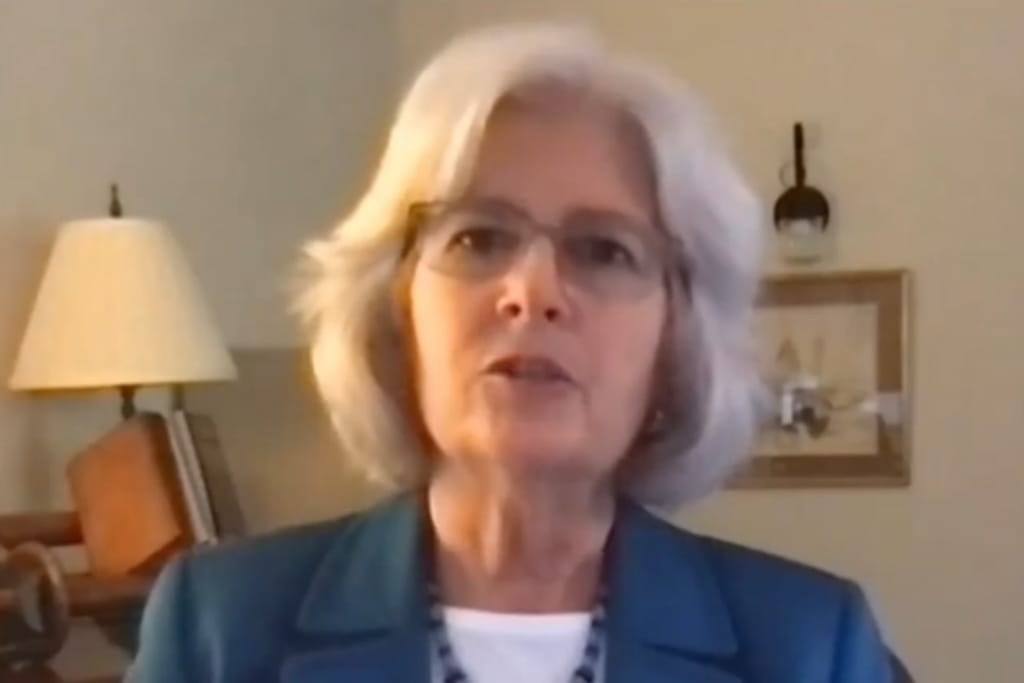
WASHINGTON, September 8, 2022 – Challenges to the Federal Communications Commission’s broadband fabric mapping resource will be accepted on a rolling basis and periodic corrections will be made to it, said a panel at a commission webinar Tuesday.
The so-called “fabric,” a part of the FCC’s Broadband Data Collection program under contract with CostQuest Associates, is a dataset that maps all locations at which “fixed broadband internet access service has been or could be installed.” The FCC will allocate federal broadband funding based on the fabric’s data.
Challenges to the initial version of the fabric – which was released by the agency earlier this year – can be made starting Monday, the commission announced September 2. Commission Chairwoman Jessica Rosenworcel also said in the same announcement that the FCC confirmed that its updated map will be released in November.
While it expressed confidence in the accuracy of the fabric, the FCC panel stressed the importance of the challenge process to correct errors.
Some states have told Broadband Breakfast that they created their own map in part to challenge the FCC’s data.
The fabric compiles extensive information about each location, including postal address, geographic coordinates, building type (i.e., business or residential), and unit count (e.g., a duplex is a single location with two units), as well as whether the location is a “broadband serviceable location.” The mapping compiling process begins with aerial imaging and incorporates diverse datasets, such as postal data and tax-assessor data.
Experts doubt the fabric’s accuracy
Some industry experts, however, think the FCC greatly underestimates the fabric’s inaccuracies. Sean Gonsalves, writing for the Institute for Local Self-Reliance, argued that while the fabric may be superior to previous federal broadband mapping efforts, it leaves many people, including Native Alaskan communities, completely unrepresented.
Gonsalves also wrote that the FCC will not review internet speed claims put forward by providers: “Dustin Loup, program manager for the National Broadband Mapping Coalition, informed us here at ILSR that during a call with the FCC’s Broadband Data Task Force, officials said that speed test data will not be allowed in filing challenges to the Fixed Availability Data in the BDC Program and that the BDC will measure broadband availability only, not network performance, affordability or adoption.”
Correction, September 9, 2022: An earlier version of this article said that the broadband fabric had been “made public.” It has been released to state broadband entities and other entities, but it has not been made public. The story had been adjusted.


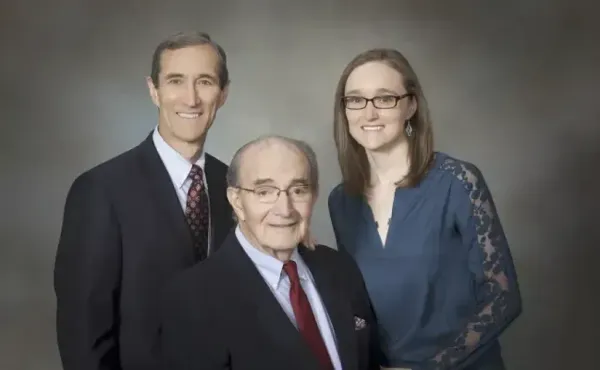

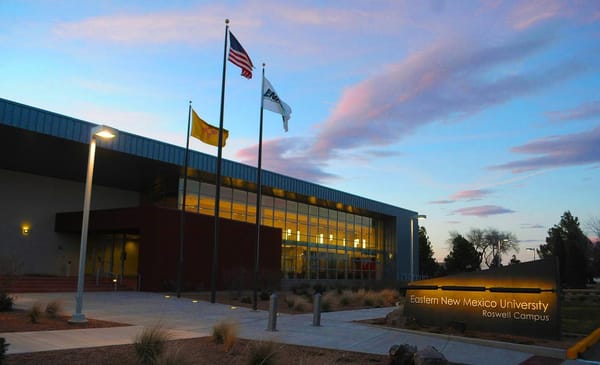
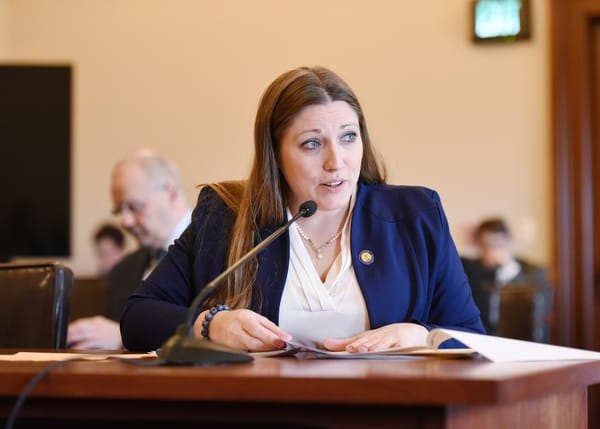
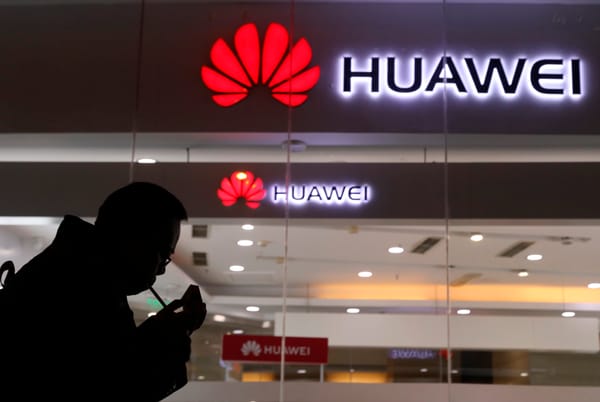

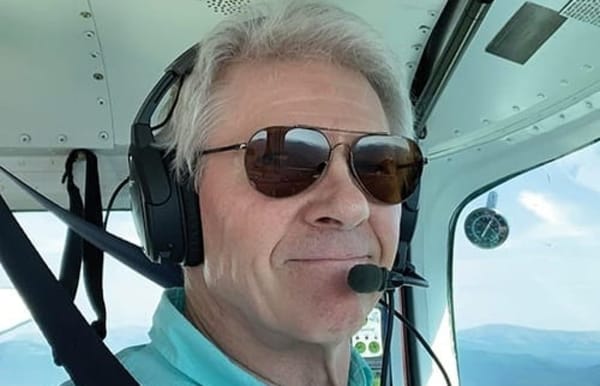


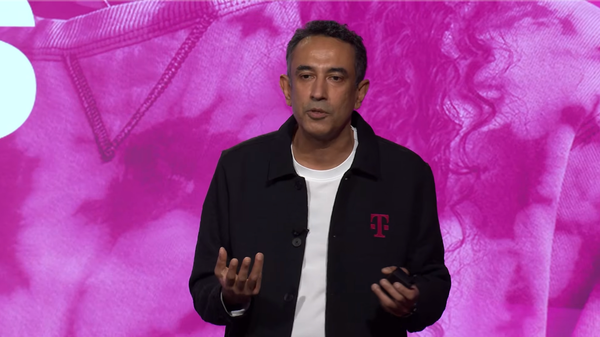
Member discussion